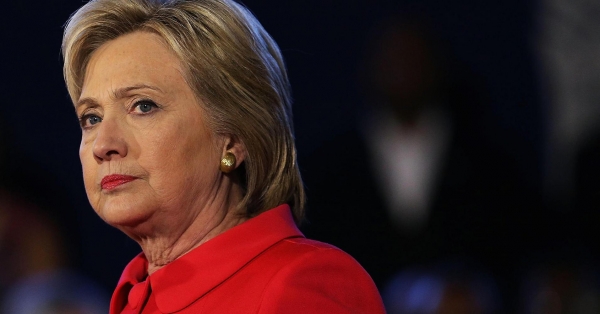The result of the 2016 American presidential election was, and still is, personal. Hillary Clinton’s loss to Donald Trump shook me to my core. Even now, over a year later, time has failed to heal the wound. Americans were given the chance to prove that sexism warranted no place in the political sphere. Yet they elected a man who has actively championed the degradation of women, showing the world that sexism remains rampant in the United States, even in the highest office.
When initial analyses of the election began trickling in, many were quick to argue that voters did not reject Clinton because she was a woman, but because she was that woman. What many people failed, and still fail, to understand is how a lifetime of battling systemic sexism has turned her into that woman. Even more concerning for young women is the realization that we are all vulnerable to circumstances in which we, too, could become that woman. Our generation needs to change the ways in which women are viewed and treated, so that sexism no longer sways future elections like it did in 2016.
Throughout Clinton’s career, superficialities—like her outfit and the tone of her voice—have consistently made headlines, ultimately overshadowing the rest of her platform. During the 2016 election, Trump did not shy away from abusing the sexist representations of his opponent, and used these gendered accusations to shape the election’s overall narrative. This was an easy task: Studies conducted by the Shorenstein Center at Harvard University indicate that Trump received, on average, 15 per cent more media coverage than Clinton.
Women working in the public sphere are stuck in a “double bind:” They are forced to adapt to a “man’s world,” but, in doing so, defy their pre-ascribed gender roles, thereby making them unappealing to many voters. Women are labelled as being unapologetically ambitious, a word that is—when used to describe women—laced with an accusatory undertone. In contrast, male presence and ambition in the political sphere are accepted as norms. Over time, these sexist labels build up social capital, leaving voters questioning the credibility and competence of women like Clinton who dare to fight against the status quo.
If a woman as accomplished and as capable as Clinton could lose an election simply because she lives and works within a system predisposed to rejecting women, I can’t help but question if my own hard work—and every other woman’s hard work—might be just as futile as hers. For young women and students who are preparing to enter the workforce, the sexism shown during the election is, at best, emblematic of the barriers that they will have to face in gaining respect and authority, and at worst, extremely discouraging.
While I am still struggling to come to terms with the results of the election, I have learned that, even in the face of defeat, there are millions of strong women, and men, around the world, who continue to believe in a future where a woman like Clinton could become president. In the last year, the country has already seen many promising examples of change, from the awareness raised by the Women’s Marches on Inauguration Day to the unprecedented number of women who have since stepped forward to run for office in the United States. But, there is still progress to be made. As Hillary Clinton herself has said, “the only way to get sexism out of politics is to get more women into politics.”








